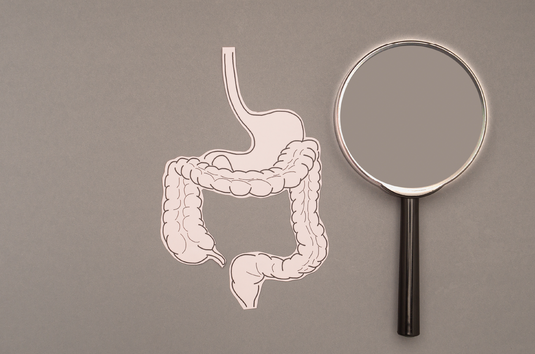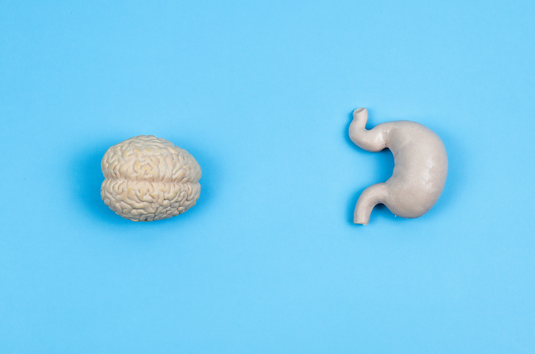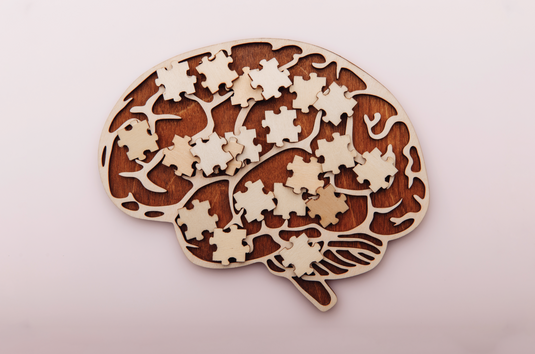
Stress is our body's instinctual and natural reaction to danger, designed to quickly kick us into survival mode. For example, if a bear is attacking us, our body reacts in a very swift and sophisticated way to help keep us alive. In an instant, it raises both our blood sugar and blood pressure so our muscles have the necessary energy to fight off the bear or run away (fight or flight). Our body also raises our cholesterol level in order for our blood to clot more efficiently, in case we're injured.
Luckily, we no longer have to face the daily immediate threats our ancestors did, and stress today very seldom comes in the form of a bear attack (phew!). These days we are usually physically safe, but all too often our bodies still physiologically react to daily stressors as if a bear is attacking us. We still experience a physical reaction to a non-physical threat.
For stress to affect our health, we must perceive the situation as a threat or danger. Our body reacts to a stressful meeting or a stressful email the same way it would if we were being attacked by a bear. Chronically high blood pressure, high blood sugar, and high cholesterol can all result from experiencing chronic stress.
After years, or even decades of chronic stress, our body runs out of resources needed to keep us in this “high alert” state, and we experience feelings most of us know all too well on a daily basis: exhaustion, anxiety, depression, and feeling burned out.
High blood sugar, high blood pressure and high cholesterol…hmmm, doesn’t that sound familiar?
Luckily, we no longer have to face the daily immediate threats our ancestors did, and stress today very seldom comes in the form of a bear attack (phew!). These days we are usually physically safe, but all too often our bodies still physiologically react to daily stressors as if a bear is attacking us. We still experience a physical reaction to a non-physical threat.
Stress is not the situation itself, but our reaction to the situation.
For stress to affect our health, we must perceive the situation as a threat or danger. Our body reacts to a stressful meeting or a stressful email the same way it would if we were being attacked by a bear. Chronically high blood pressure, high blood sugar, and high cholesterol can all result from experiencing chronic stress.
After years, or even decades of chronic stress, our body runs out of resources needed to keep us in this “high alert” state, and we experience feelings most of us know all too well on a daily basis: exhaustion, anxiety, depression, and feeling burned out.
You’ll Probably like
Use left/right arrows to navigate the slideshow or swipe left/right if using a mobile device

































































